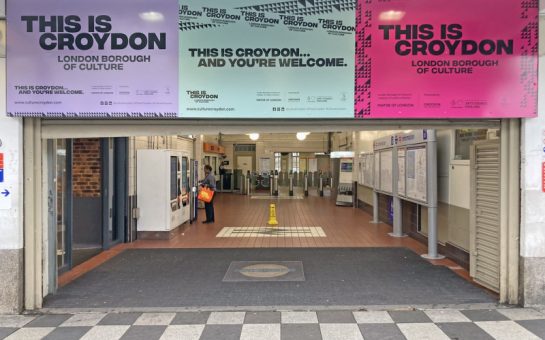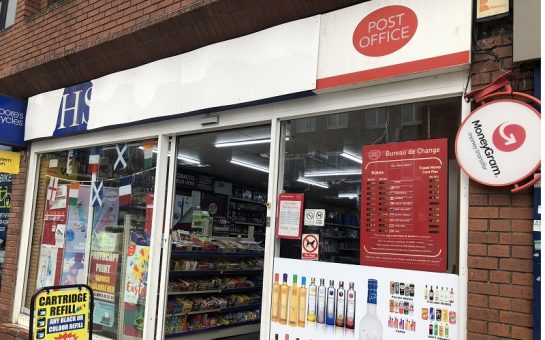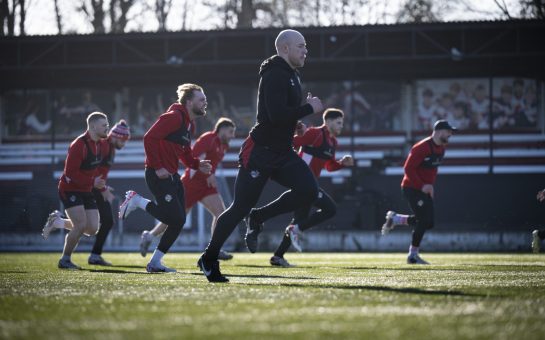Many other South West London areas already have BIDs.

Brixton businesses will vote in a ballot tomorrow to decide if they want a Business Improvement District (BID).
Since the 2004 BIDs legislation businesses in England and Wales have the opportunity to develop and manage their own improvement plans.
Many London centres of business have undertaken their own regeneration work with BIDs existing already in other parts of Lambeth and South West London including Waterloo, Wimbledon and Vauxhall.
Brixton BID’s executive director Emma-Louise Stewart said: “The BID is here to improve businesses in the way businesses want – and to improve Brixton to better the businesses.”
A BID proposal is developed by the businesses community and based on an initial consultation with Brixton businesses the Brixton BID has identified three main areas for improvement.
These are marketing Brixton, both internally and externally, improving the environment and public realm and working to improve business and efficiencies and develop the skill-sets of local people.
But with booming house prices and a dramatic increase in footfall some wonder whether the BID will do more damage to an already fractured local economy.
Financial activist, author and Brixton resident Brett Scott says: “The main issue for me is who the resultant improvements actually serve.
“It’s one thing making the area more pleasant for wealthy patrons, but the real need is to actually boost employment for local young people who might otherwise be marginalised in the process of Brixton’s development.
“The worst case scenario for Brixton is the development of a dual economy where newly thriving businesses serve only a rising middle class and also only hire members of that middle class.”
The BID’s aims are solely focused on businesses and any help to the local economy and unemployment rates will merely be a side effect of their plans.
Ms Stewart said: “A lot of businesses say they don’t want money to go to local unemployment but want to help from the inside out.
“Our main aim is to improve business in Brixton and business footfall.”
According to Brixton BID, businesses in Brixton want to permanently put the area on the map as a forward-thinking place to have business.
Mr Scott, however, predicts Brixton heading towards an increasingly divided economy as a wave of money hits the area.
He said: “Not to be dramatic, but unless something is done to lessen the growing divide in Brixton between original residents and new upwardly mobile residents I see increased tension, culminating in a showdown of some sort.
“The positive vision – which perhaps the BID team could work on – is one in which the development of Brixton is deliberately extended towards meaningful inclusion.
“I’m not saying you have to stop the arrival of the wine bars, but the wine bars should at least attempt to pay some heed to Brixton’s past and to hire local people so that the benefits are shared.”
Jonathan Goodwin is one of the co-founders of another, very different, Brixton business initiative: Community Capital.
This project hopes to promote social cohesion by seeking pledges from Brixton residents to loan £10 to businesses in the area.
Mr. Goodwin said: “Any campaign to get businesses together in a local area is a good thing.”
However, if local businesses lose out to outside business and do not get the help they need Mr. Goodwin predicts the future of the famously community-focused Brixton is bleak.
He added: “If local businesses won’t survive, the character and culture of Brixton will be lost.”
Photo courtesy of stevecadman, with thanks.
Follow us @SW_Londoner




